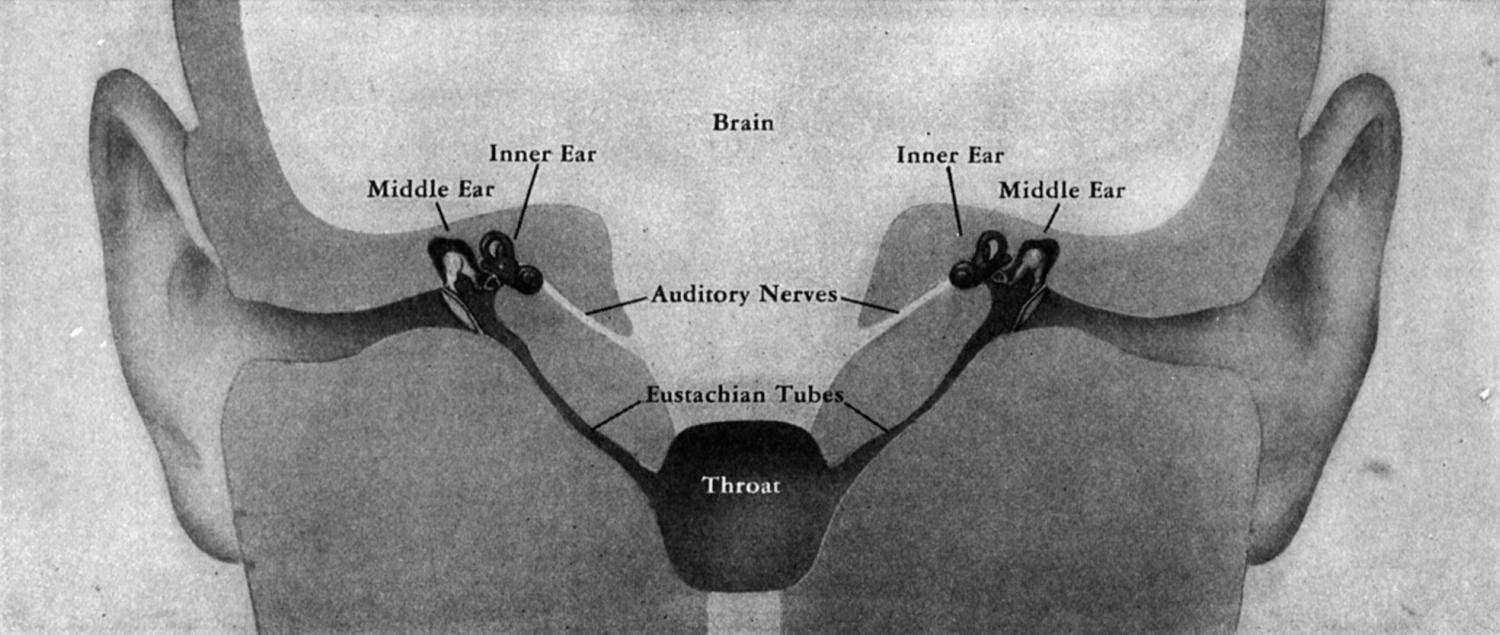
After retiring from a long and illustrious pro football career that included four Super Bowl championships, quarterback Joe Montana abandoned his decades-long habit of daily exercise.
And it was just a few years later when the Hall of Famer was diagnosed with two major risk factors for heart disease: high blood pressure and high cholesterol.
That news, coupled with a family history of heart disease — which claimed a grandfather and two uncles before age 55 — jolted Montana to realize that his physical prowess on the gridiron couldn’t protect him from heart disease.
Montana knew he had to change course and once again become physically fit. Now 59, the three-time Super Bowl MVP counteracts his family history of heart disease — America’s leading killer — by biking frequently with his wife and grown children, and limiting salty foods and red meat.
“I didn’t connect the dots at all,” said Montana, who played for the San Francisco 49ers for the majority of his 16-year NFL career, retiring in 1995. “First of all, I wasn’t educated on heart disease and what the precursors were. And I just never thought it would happen to me, with how long I’d been active,” he said.
The pounding that Montana took during his playing days leaves biking as one of the few aerobic activities he can still do without much pain. And he and his wife Jennifer have teamed up with the American Heart Association, biopharmaceutical company Amgen and Schwinn Bicycles to launch Breakaway from Heart Disease, a cycling movement encouraging people to understand their family heart health and become more physically active.
The national initiative includes a series of bike and spin events called the Heart Health Tour.
Cardiologist Dr. Suzanne Steinbaum, director of women’s heart health at Lenox Hill Hospital in New York City, said she constantly hears people telling her they, too, never expected heart disease to strike them.
Cardiovascular disease kills more than 800,000 Americans each year, the American Heart Association says. Family history is one of the most important risk factors for heart disease, Steinbaum said. Other major risk factors include diabetes, a sedentary lifestyle and obesity.
“It’s so important to know your family history and to ask what did family members have, why did people die, and how old were they when they died,” said Steinbaum.
“It takes decades for heart disease to develop,” she added. “So the sooner you know your family history and the sooner you do something about it, the greater the chance you can control your own destiny. Because 80 percent of the time, heart disease is preventable.”
Jennifer Montana’s father died at age 60 of a massive heart attack. So, the couple’s doubled family history shapes how they counsel their four children — now ranging between 24 and 30 years old — about the importance of diet and exercise.
Joe Montana said it was easier and more realistic for him to cut back on “bad” foods, such as red meat and salt, than eliminate them entirely.
“Once you start cutting things out completely, you want to eat it more than ever. And I think it makes it harder for people to make the changes,” he said.
“I could easily eat a whole New York steak, but now I find I take about four bites and take the other part home,” he added. “I feel like I’ve had my fill and I don’t need it again for a while.”
Jennifer Montana, a former model, said their family has long enjoyed outdoor activities such as biking, volleyball, swimming and basketball, so “the exercise has never really been a problem.”
But she finds herself often reminding the couple’s kids that their family history of heart disease could catch up to them if they give in too often to unhealthy food cravings.
“We can do some good by telling people to go ahead and start teaching your own kids about your own family history so they don’t have a late start,” she said.
Steinbaum said the best way to offset a family history of heart disease is by making regular aerobic exercise a priority.
“Get your heart rate up in any way, shape or form,” she said. “I say if it’s disco dancing, knock yourself out. Or, looking at someone like Joe, who’s not really able to do everything, biking is a great option.”
Montana said he reflects on his family history of heart disease whenever he needs motivation to stay on a healthier course.
“Every now and then, when I have a weak moment, I start thinking about that,” said Montana, nicknamed “Joe Cool” for his ability to remain calm on the field under pressure. “It kind of gets you back in the right frame of mind.”
More information
Visit Break Away from Heart Disease for more about the new cycling initiative and scheduled events.
Source: HealthDay

Leave a Reply